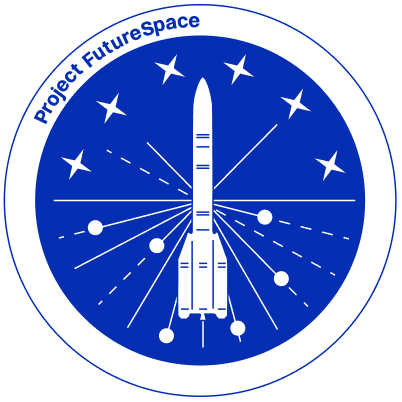FutureSpace
investigates how practices of European integration shape Europe’s future in outer space and vice versa.
FutureSpace Talk 16 | Richard Tutton
From Starman to Starlink: Satellitization and Oligarchic Power on Earth
Abstract
A great deal has been written about how Musk aims to reshape human futures by ‘colonising’ Mars: these future visions of finding salvation on Mars, and escaping potential catastrophe on Earth are for some exciting and for others a misguided fantasy. In this talk, I want to bring SpaceX back down to Earth to pay attention to what is happening in the domain of earth orbital space. In 2018, shortly after SpaceX demonstrated the capabilities of its new Falcon rocket through the highly mediatized Starman event – launching a cherry red Tesla into space – the company also launched its first Starlink test satellites. Since then, Starlink has become the biggest source of revenue for the company and arguably SpaceX has transformed the use of Low Earth Orbit. I engage with some recent scholarship on the significance of Starlink (Abels 2024, Bennett and Cudney 2026), and Geppert and Tabas (2023) arguments about the “satellitization” of planet Earth. I am interested in exploring how the development of Starlink is simply more than a means to the end of Mars colonization, but is a vital part of the way that Musk is able to exercise oligarchic power on a global scale. Here, I connect to and draw on debates in political science and STS about the ‘tech oligarchy’ (Cohen 2025).
Bio
Richard Tutton is Professor of Science and Technology Studies in the Department of Sociology and SATSU (Science and Technology Studies Unit) at the University of York, UK.
Registration for FutureSpace Talk 16

